On October 28, the signing and launch ceremony for the BRICS Craftsmen Academy, jointly established by Zhejiang Institute of Economics and Trade (ZJIET) and the Hangzhou Qiantang District Center for Contemporary International Studies, was successfully held at the institute. The event was attended by Li Jun, Deputy Director of the Qiantang New Area Management Committee and Member of the Qiantang District Government, and Chen Dequan, President of ZJIET, both of whom delivered speeches. Representatives from the Qiantang District Human Resources and Social Security Bureau, Commerce Bureau, District Committee Propaganda Department, leaders and experts from the Hangzhou Qiantang District Center for Contemporary International Studies, representatives from enterprises engaged in global expansion, as well as department heads, faculty, and students of ZJIET participated in the ceremony.
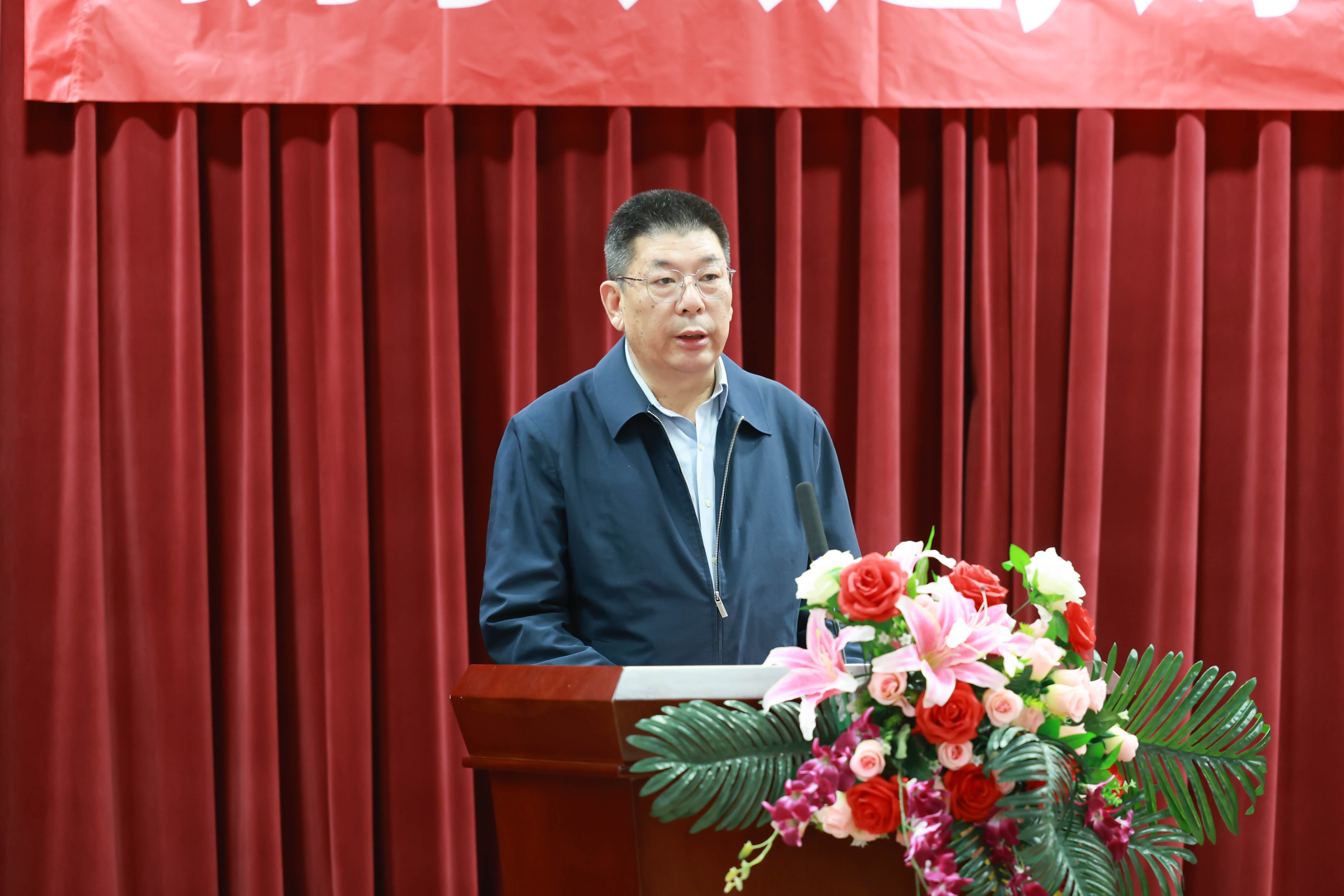
President Chen Dequanextended a welcome to the guests and briefly shared the institute’s experience and achievements in cultivating international talent and promoting international industry-education integration. He emphasized that the collaboration aims to build a BRICS-wide international cooperation networkcentered on the integration of the "education chain, industry chain, and innovation chain." The academy will focus on industrial development in BRICS regions, challenges faced by enterprises expanding globally, and cultural exchanges among BRICS nations. It seeks to innovate talent cultivation systems, enhance support for cross-border enterprises, deepen vocational education research, and foster cultural interactions, ultimately training versatile artisans with both professional skills and global perspectives. These efforts are designed to provide comprehensive international services for Chinese and foreign enterprises, supporting their stable growth in BRICS markets.
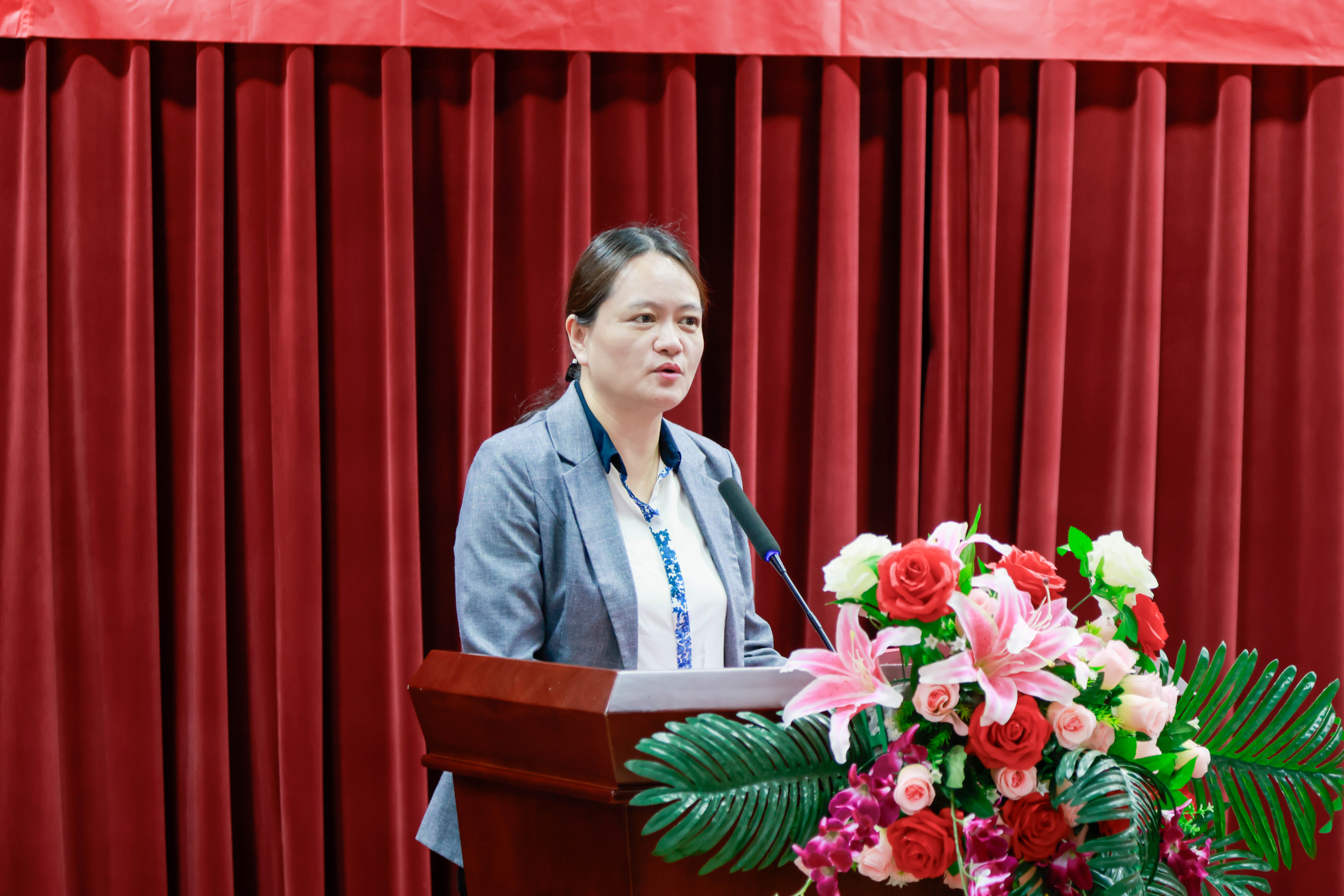
In her address, Li Junhighlighted that the national-level platform, the BRICS Special Economic Zones China Cooperation Center, has been established in Qiantang, offering significant opportunities to deepen BRICS collaboration and shared development. Against this backdrop, the academy will inject strong, sustained momentum into regional high-quality development. She expressed hope that the academy would address the industrial needs of special economic zones, striving to become an "incubator" for technical skills, a "think tank" for policy innovation, and a "bridge" for people-to-people exchanges. This initiative aims to contribute Qiantang’s wisdom and strength to deepening BRICS cooperation and building a community with a shared future for mankind.
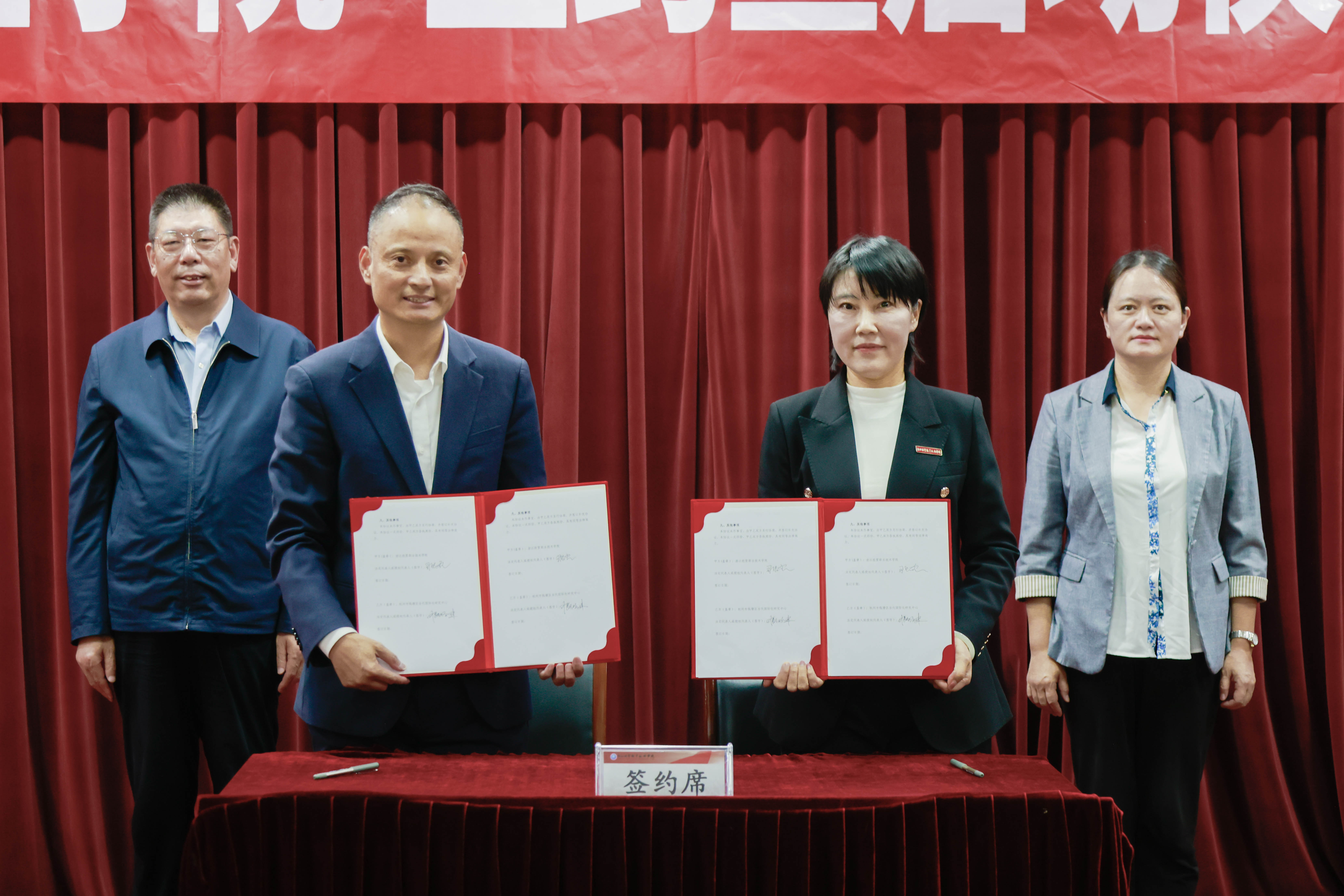
During the ceremony, representatives from both sides signed the BRICS Craftsmen Academy Cooperation Agreementand unveiled the plaques for the BRICS Craftsmen Academyand the BRICS Vocational Education Research Center.
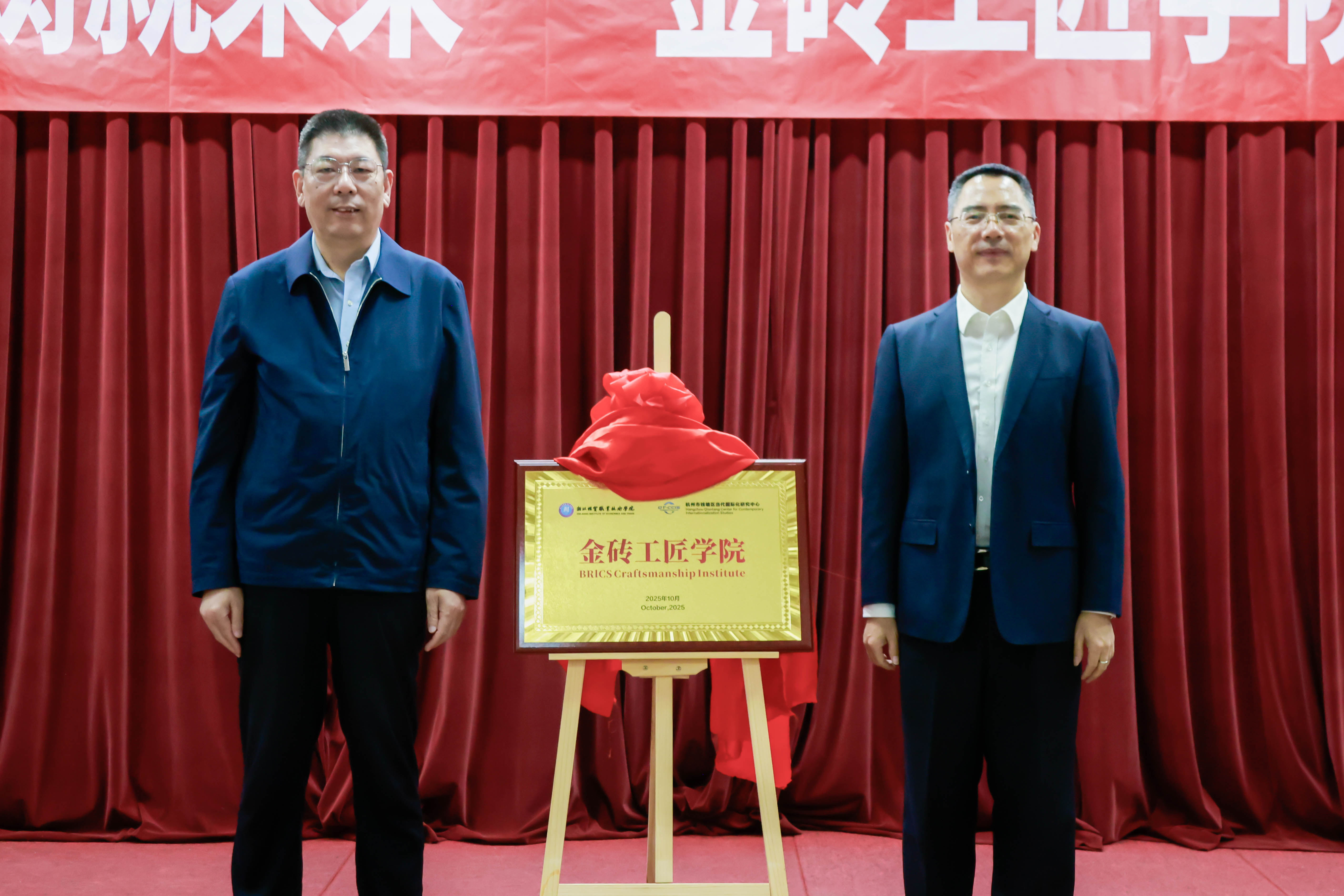
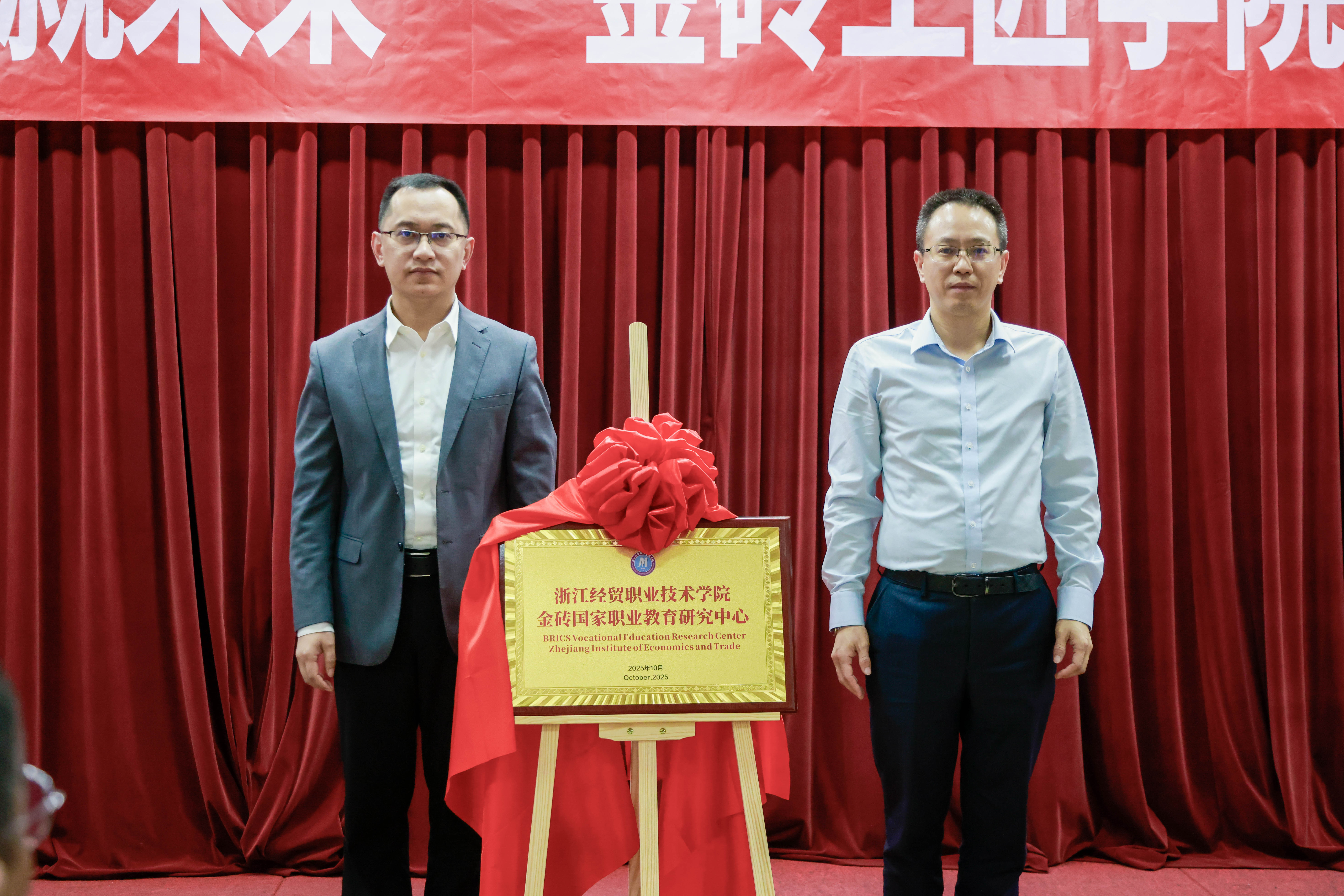
In the sharing session, Professor Zhang Guihong, Director of the Center for United Nations and International Organizations Studies at the Institute of International Affairs of Fudan University and Chief Expert of the Hangzhou Qiantang District Center for Contemporary International Studies, systematically interpreted the strategic positioning and significance of "Greater BRICS Cooperation." He elaborated on the development direction of the BRICS Special Economic Zones China Cooperation Center as a national platform and the implementation path for the high-quality development of the BRICS Craftsmen Academy.
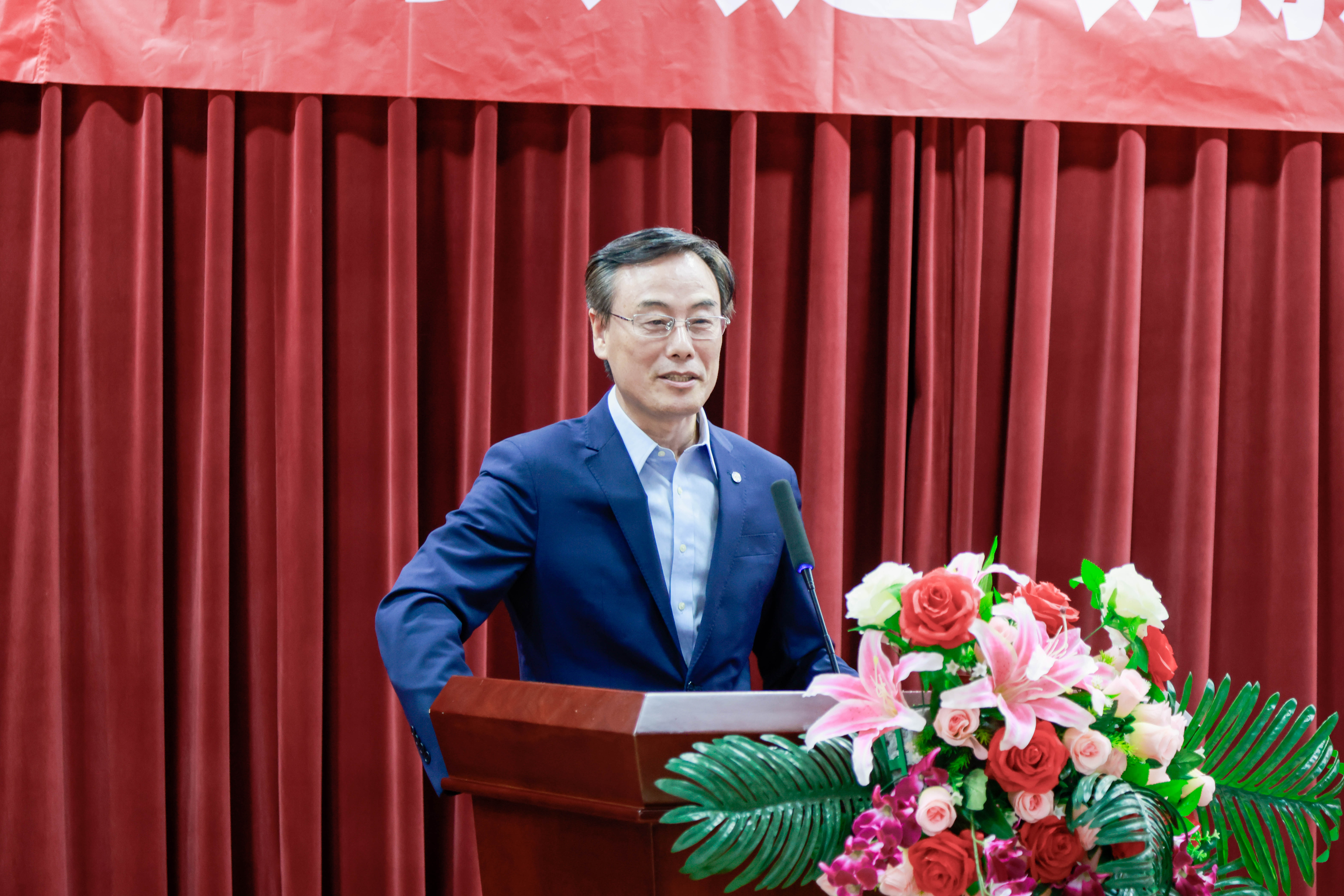
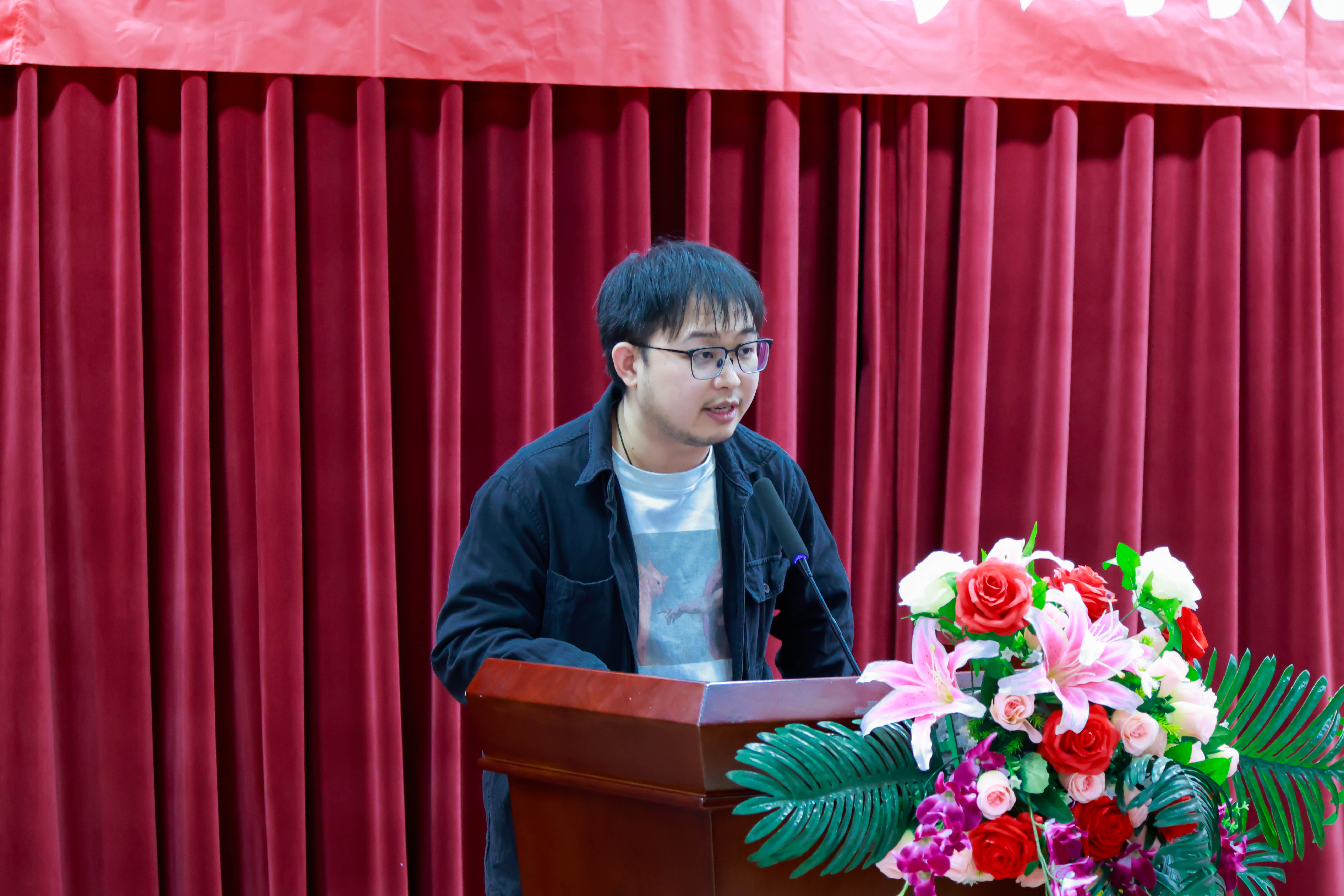
Wu Kanqian, General Manager of Hangzhou Crossriver Digital Technology Co., Ltd., representing enterprises expanding globally, shared insights on the industrial ecosystem, challenges of international expansion, and talent needs. He also provided expectations and suggestions for the construction of the BRICS Craftsmen Academy and the cultivation of skilled talent.
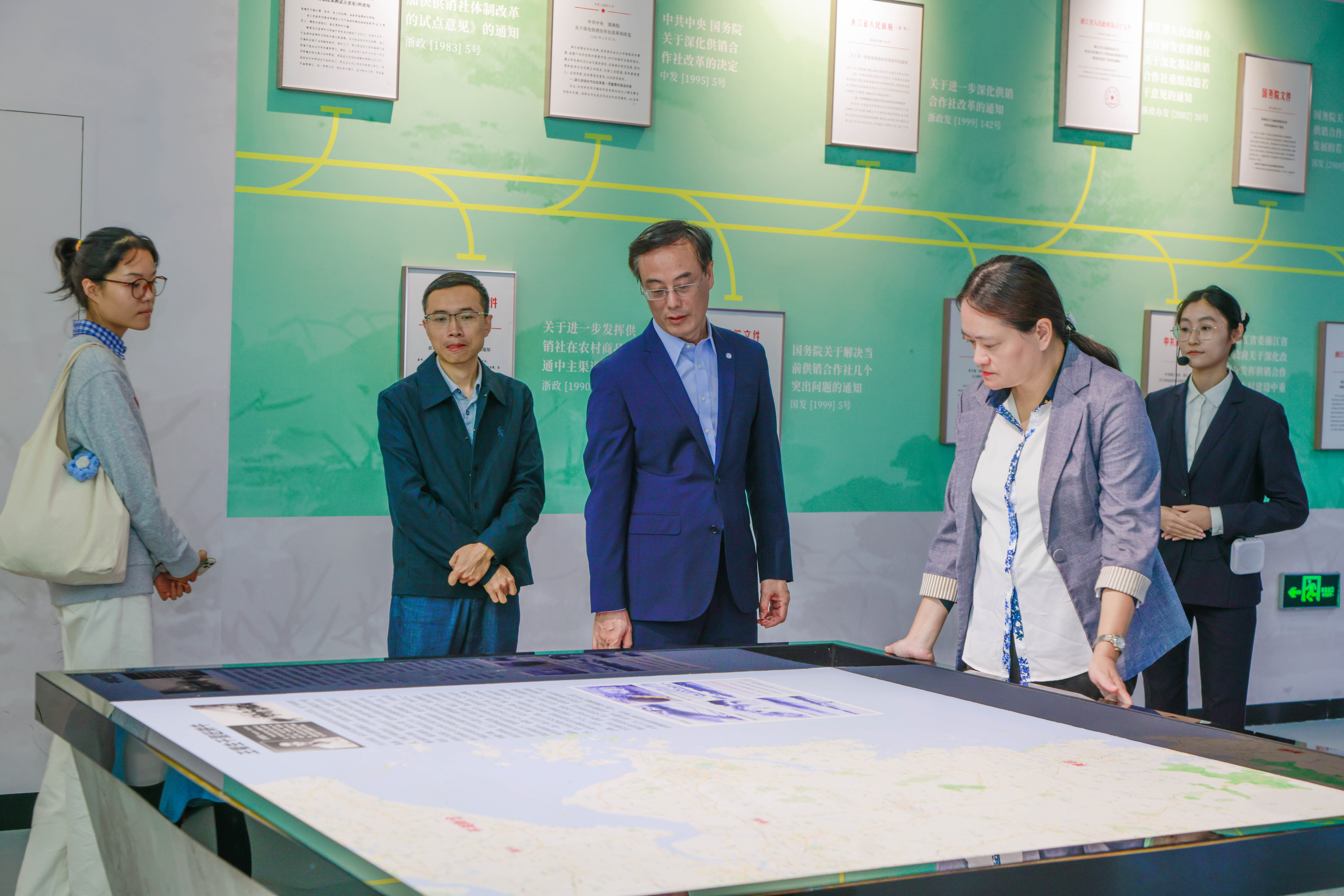
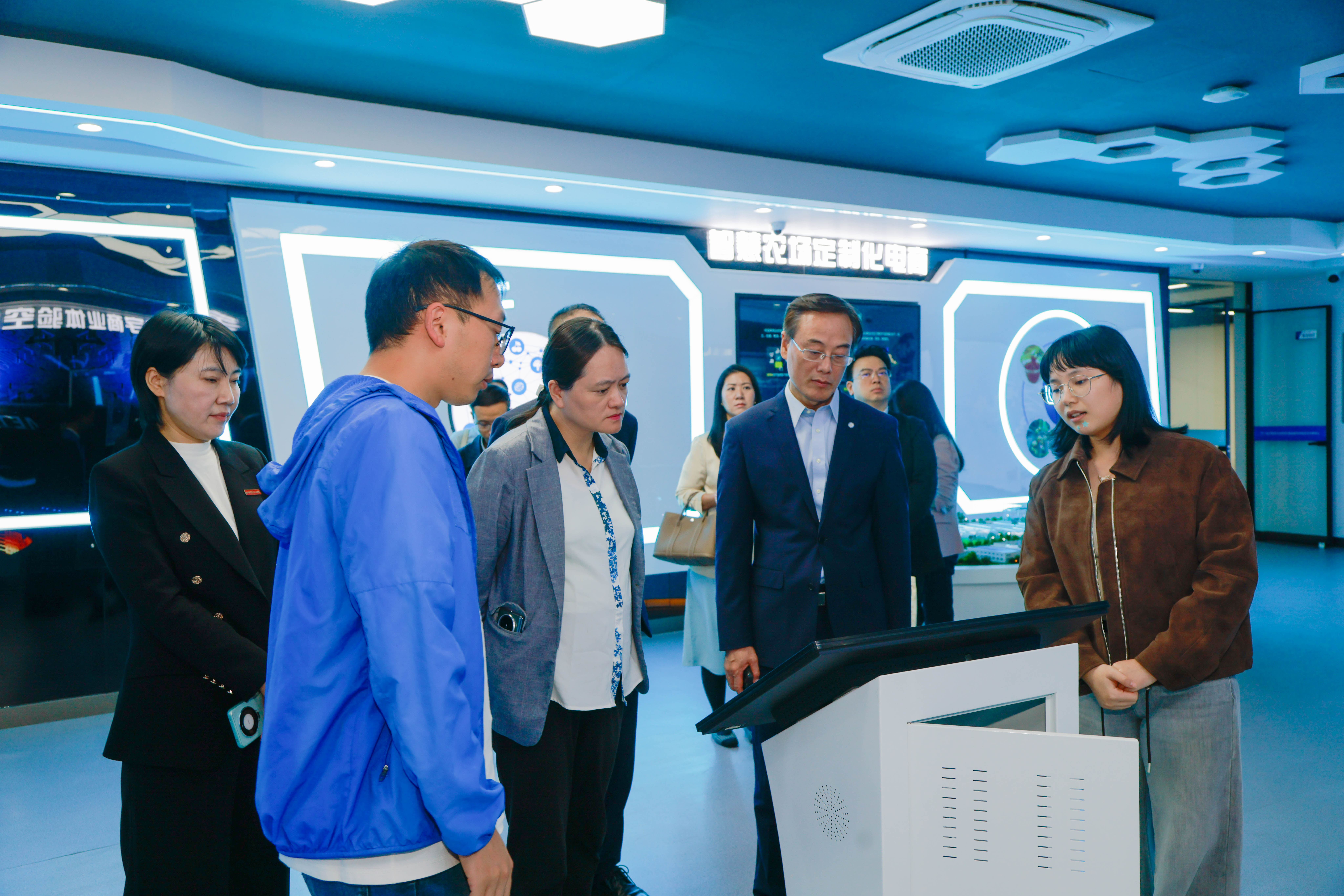
During the event, attendees visited the ZJIET History Museum, Supply and Marketing Culture Museum, and practical training bases, gaining a firsthand understanding of the institute’s development history, professional programs, and achievements in industry-education collaboration.
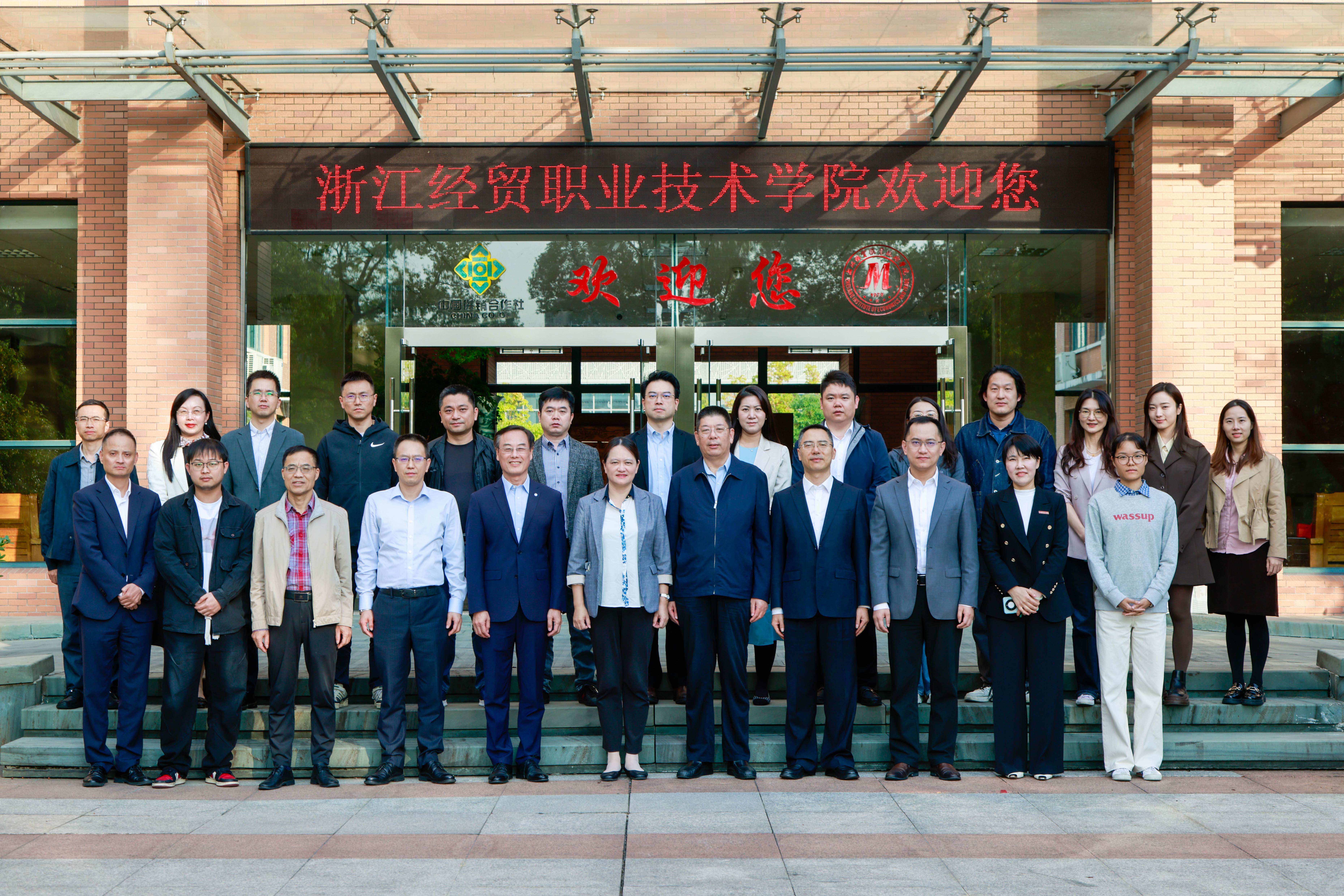
The establishment of the BRICS Craftsmen Academy marks a solid step forward for ZJIET in serving the national "Greater BRICS Cooperation" strategy and advancing internationalization. It injects new momentum into Qiantang’s goal of building a "BRICS Cooperation Pioneer Zone." Moving forward, the institute will leverage the academy as a core tool to deepen cooperation with the Qiantang government, industries, and BRICS institutions. Efforts will focus on jointly cultivating technical talent, empowering cross-border industries, and promoting international cultural exchanges. Through innovative educational models and robust service systems, ZJIET aims to contribute to high-quality vocational education in BRICS countries and foster a closer "Greater BRICS" partnership.

